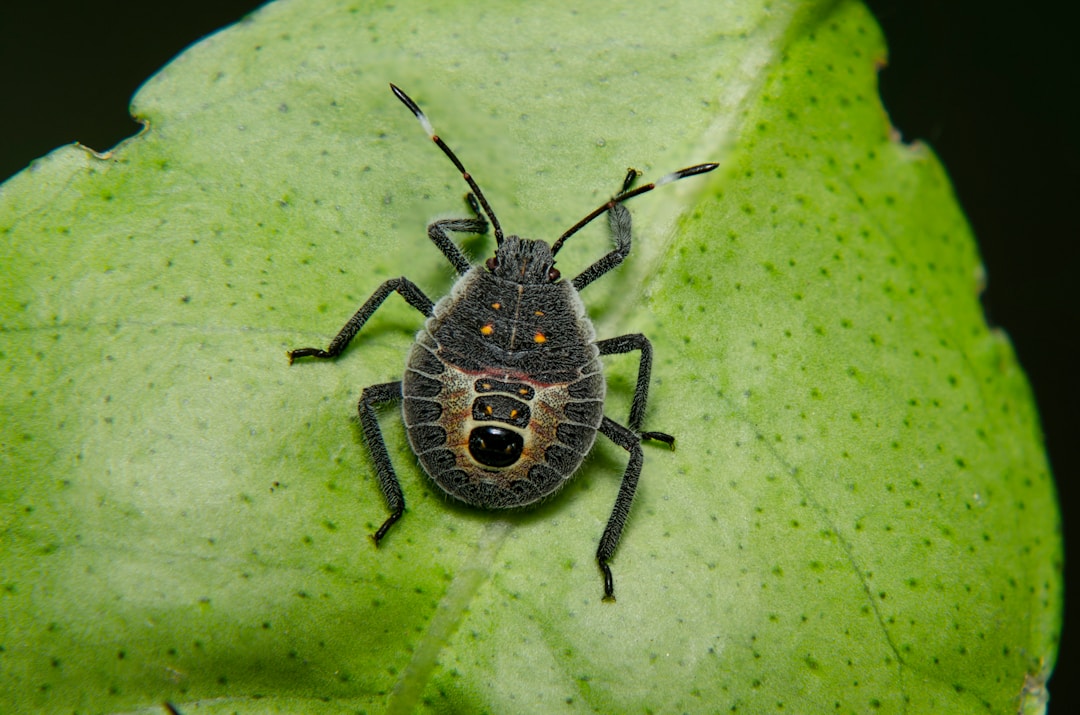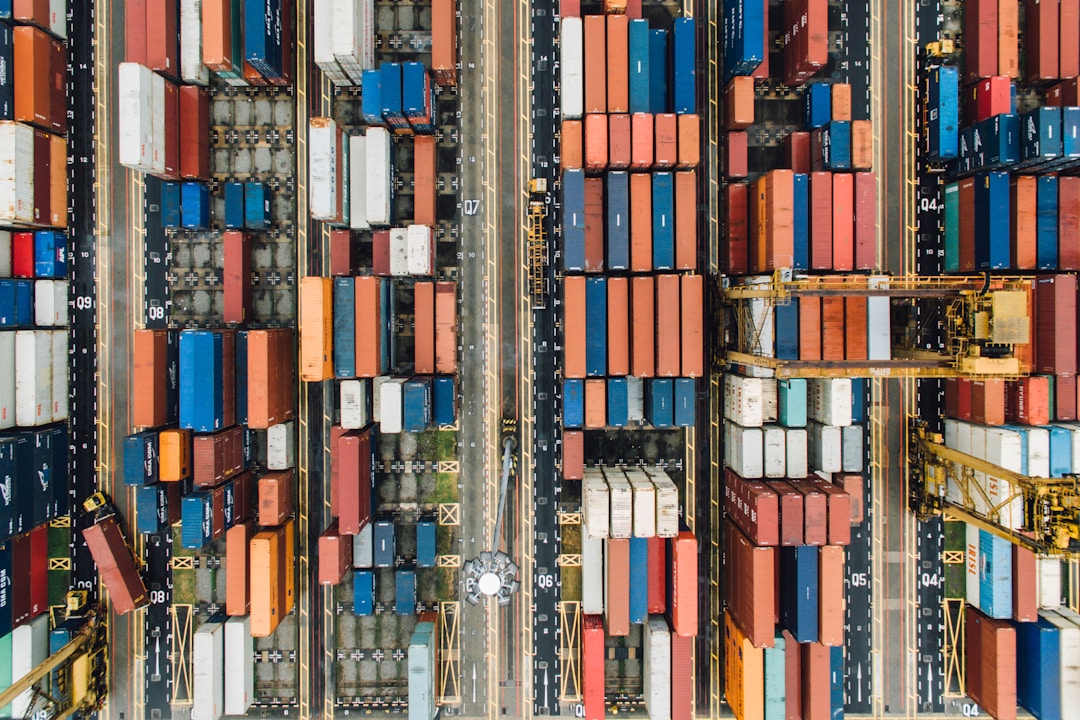People have come to rely on many products and goods to get through their everyday lives. The must-haves for items like these include food to stay healthy and to stay alive. When you head to your local grocery store, you’ll pick up meats, vegetables, fruits, grains, and other items which will keep you fed and in good health. We also need clothes to wear for our day-to-day activities. This might include a suit that you wear to work, a pair of stylish flats that you wear out for hanging out with friends, or maybe even a favorite sports jersey for a United States basketball team. Though these items are different and range in level of importance, they all have one thing in common: they were shipped via a complex web of distribution networks.
When companies create items, they are shipped to retailers in your neck of the woods via a distribution network. They will arrive at your local Walmart, Kohl’s, or a host of other stores or shopping centers via truck, plane, automobile, and ship. This logistics network is critical as it ensures that items get to where they’re going on time, purchased by you, the consumer. Freight containers arrive via ship to ports all across the United States, in some cases, filled with items that you’ll eventually purchase. These items, though, run the risk of possibly being infected by insects and insects. We’ll focus on today why ridding containers of such pests is important for distribution networks of various goods.
Fumigating containers prevent infestation.

First and foremost, you should utilize fumigation of containers because the fumigants used in the containers prevent infestation. Some of the insects which cause this infestation include stink bugs, Asian gypsy moths, emerald ash borers, Asian long-horned beetles, spotted lanternflies, the Khapra beetle, and grain pests. When you go through the container fumigation process and use the fumigant to take care of these pests, you ensure that your cargo won’t be infected. Many containers across the U.S. and other countries go through the same fumigant process, and it’s become mandatory in many cases.
The process is usually completed through a safe and efficient process that involves gas. The most commonly used gases in fumigation processes like these are methyl bromide and phosphine, killing the pests. The gas is then leaked through a probe inserted into the container, which has its doors already closed. This gas will kill, suffocate, and poison any pests in the area using fumigation services. Once this occurs, then the fumigation prevents an infestation from occurring.
Delays are prevented with the fumigation of containers.
When you fumigate your containers, you prevent your product from experiencing delays. In many instances, it’s required that shipments undergo fumigation. If these fumigation requirements aren’t taken care of, then cargo freight will experience shipping delays. You don’t want to experience the stress associated with these delays, causing you to look into CBD tincture for gentle relaxation. CBD (often taken as CBD oil) is becoming a popular treatment for everything from sore muscles to anxiety disorders and strokes. Of course, you should always discuss taking CBD with a doctor, who can advise about the right dose and possible side effects before taking CBD oil or tinctures for the first time.
Customers hate delays when it comes to receiving their items on time. Patience, unfortunately, is a dwindling commodity in today’s world. You want to make sure your containers get to where they need to be on time. This is why it helps to have your shipment undergo fumigation of containers.
You make a lot of money.

When products such as crates of hemp seed oil, aromatherapy oil, CBD oil, citrus products, auto parts arrive at stores on time, people will buy them. If there’s a demand for such items, they will purchase them, which adds even more money to your overall bottom line. Fumigation of containers can help your company to make a profit and should never be hampered or bypassed. If you didn’t do this, there’s a chance your product would be infested with pests. If such infested product reached customers, you’d stand to lose rather than gain money in the long run. Fumigating your containers and getting a fumigation certificate is important for your distribution networks for this and many other reasons.

